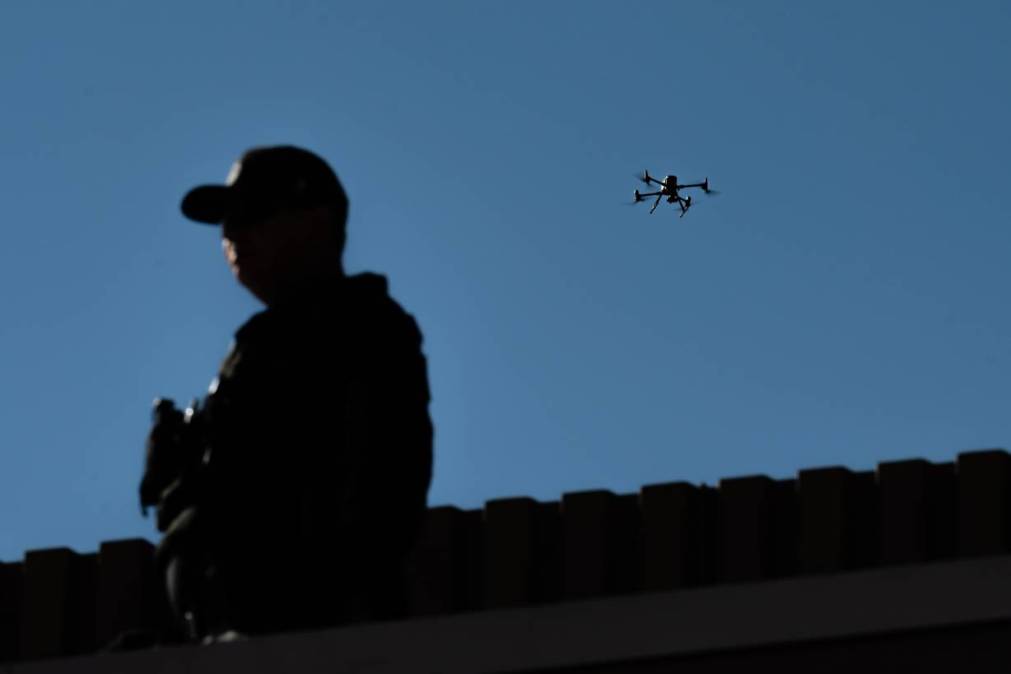San Francisco mayor, police chief say drones ‘transformative’ for law enforcement

On Tuesday, San Francisco Mayor London Breed and Police Chief William Scott said drones have been “transformative” for police work, sharing that the technology has led to arrests, criminal charges and decade-low levels of crime.
The comments came during a press briefing at San Francisco Police Department’s headquarters Tuesday about the force’s new public safety drone program — which the police department can now deploy following the passage of Proposition E. Voters approved the local ballot measure during the city’s March 5 election. Among other changes to reduce police oversight authority and rules around surveillance technologies, the proposition allows law enforcement to use drones for vehicle pursuits and active criminal investigations.
“Drones are a transformative technology for the San Francisco Police Department,” Scott said. “Our hard-working officers deserve all the help they can get. We now have tools to continue to make arrests in some of the city’s most challenging crimes. I want to thank Mayor London Breed and the voters of San Francisco for bringing us this valuable technology.”
The department has since deployed six drones and has more on the way, according to a city news release. Previously, SFPD had to seek approval from the city’s Board of Supervisors before it could acquire or use surveillance technologies, such as drones or public cameras. The police department was also prohibited from using facial recognition technology, except in limited circumstances.
Now, the chief of police can authorize the installation of public surveillance cameras without approval as long as the department holds a community meeting for input.
SFPD’s new drones and public surveillance cameras are also permitted to use facial recognition technology, without board approval. The police department can deploy other surveillance technologies if within one year it submits a usage policy to the board for approval.
Breed said the ballot measure was intended to equip the city’s police officers with the latest technologies.
“New technology is helping us make San Francisco safer and continue to hold people accountable when they break the law in our City,” Breed said. “This is about being smarter on crime by giving our officers the tools to better do their jobs. For too long, San Francisco chose to stand in the way of this kind of progress, but now thanks to the voters we are delivering real change and modernizing our police force.”
The city leaders also mentioned two recent incidents in which drones assisted law enforcement in responding to crime. On July 26, officers responded to two suspects on dirt bikes breaking into cars. A drone followed the suspects until officers arrested them. On July 27, plainclothes officers identified a group stealing cars in the same area. The drone helped officers to locate the suspects, and the officers spiked their tires, arrested them and recovered the stolen property.
According to the news release, SFPD has policies to ensure that drones are used responsibly with safeguards to protect the privacy of citizens, and all of the department’s drone operators have a certification from the Federal Aviation Administration. The department is also integrating its new drones with other technologies, like automated license plate readers and public safety cameras.
San Francisco’s policy change and drone program expansion comes as law enforcement agencies across the country look to establish “drones as first responders,” or DFR, programs. While proponents say sending drones to certain types of crime scenes can reduce the risk of bodily harm to law enforcement officers, critics say the normalization of drones could usher in routine aerial surveillance.



